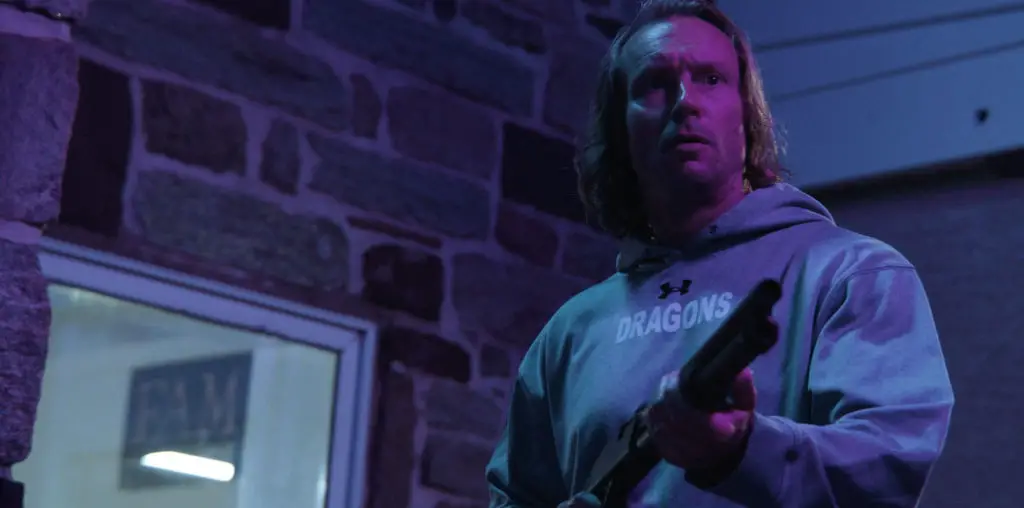
For those unfamiliar with “Prairie Home Companion,” the film gives an appropriate amount of background of the popular radio show through telling the story of its host, Garrison Keillor. A natural-born storyteller, the Minnesota native narrates his own film with monologues just like he’s delivered over the radio waves for the past thirty-five years. Voicing his thoughts and narrating his life comes easy to the man who’s self-admittedly too ugly for television. The camera crew follows Keillor as he parties it up with some rhubarb-loving Minnesotans who make astute statements about loving life and finding happiness in your own backyard.
Rosen allows Keillor to do most of the talking. An introspective film, “Red Shoes” serves as another entry in the series of storytelling ventures that Keillor has undertaken throughout his life. Known for his radio programs, live performances, and numerous novels, he branches out for the second time into the world of film. With an abundance of well-shot footage, the director has crafted a portrait of a complex individual. The film examines both the public persona of the Midwestern entertainer and Keillor the caring husband and father.
Never giving up on the project he formed in 1974, Keillor has endured on the radio through the decades which saw its competitors fade into history as the public’s interest in the medium dwindled. One of the highest points of the film comes when Robert Altman, who worked with Keillor on the Prairie Home Companion film, blames “I Love Lucy” for the murder of radio. Keillor responds with an inquisitive and humorous, “Radio’s dead?”
Examining a world of state fairs, impromptu jam sessions, and Lutheran church services, Rosen’s film, like the show it’s focusing on, combines some good old fashioned storytelling, bluegrass music, and Americana. It’s a movie praising Keillor and “Prairie Home Companion” that probably won’t be overly enjoyable if you don’t already praise them yourself. The looks into Middle American life are interesting and Keillor is an interesting subject, but after about thirty minutes in, the film loses its captivating hooks and unfortunately begins to drag for the last two acts.
